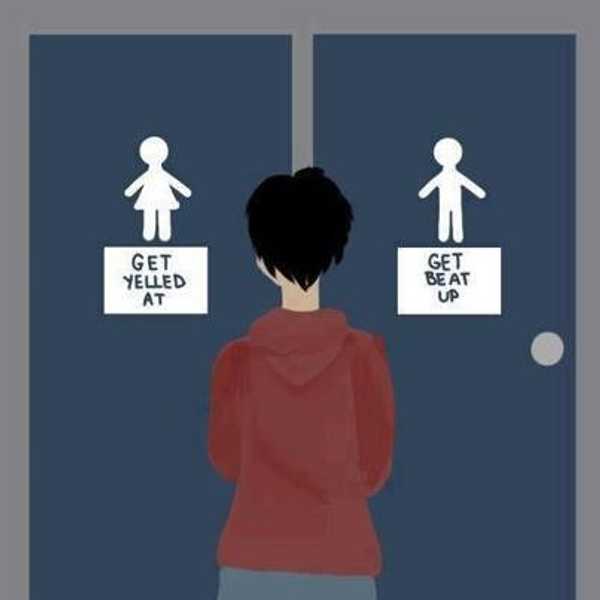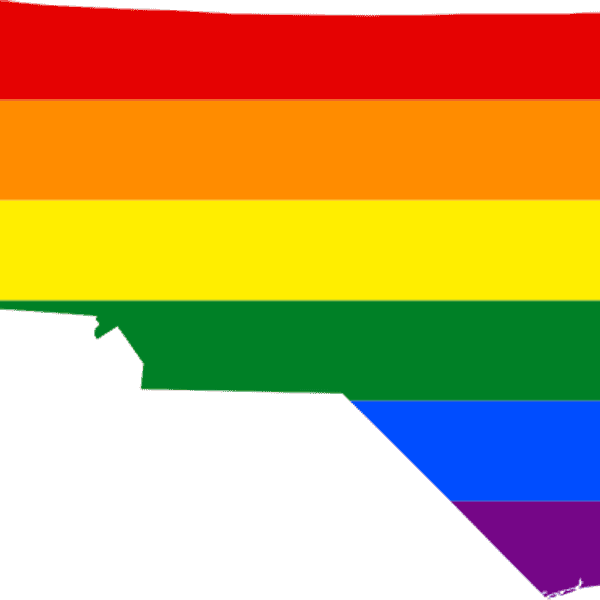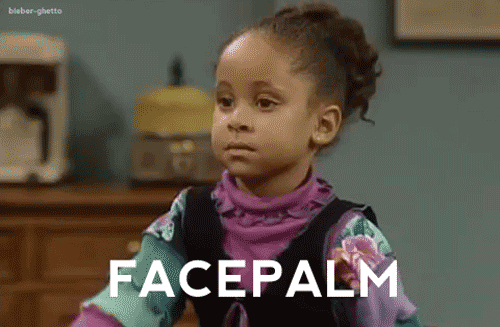North Carolina is now one of the most hated states, thanks to our lawmakers passing the HB-2 bill aka "hate bill 2," and surprisingly some are actually in support of this awful bill because they think the bill protects them and their families. But, truth is, the HB-2 bill protects no one and goes way deeper than just bathrooms.
1. It's impossible to enforce:
HB-2 states that a person must use the bathroom based on their biological sex, but imagine getting your ID checked before entering a bathroom. That's not only ridiculous, but how embarrassing would it be if someone questioned whether you were male or female. You don't have to be transgender to be questioned about your gender.
2. But wait:
With this law in place, it means that transgender people despite their appearance now have to use the bathroom of their biological birth. Many feared for the safety of women and children and thought that if transgender people were allowed to use the bathroom of their choice, it would open a window for pedophiles posing as transgender. However, the truth is, transgender people don't play dress up. This law means those women who identify as male and appear to be male, will now be in the women's bathroom and vice versa. Ironic because that's what they were trying to prevent.
3. No protection against discrimination:
HB-2 states that in North Carolina you cannot file a state lawsuit over discriminatory firing. So that means if you felt you were discriminated against because of your race, gender, age, sexual orientation or health condition, HB2 says you no longer have any protection. Even though the civil rights act was passed in 1964 in order to protect people from discrimination in the workplace.
4. No more raises:
HB-2 gives the state the power to set the minimum wage meaning that local governments cannot raise their minimum wage unless the state says so.
North Carolina has lost 3 million dollars in revenue and 400 new jobs over HB-2, and that number is continuing to grow. HB-2 limits the rights of everyone - not just transgender people. It's not about bathrooms; it's about equality for everyone.


























